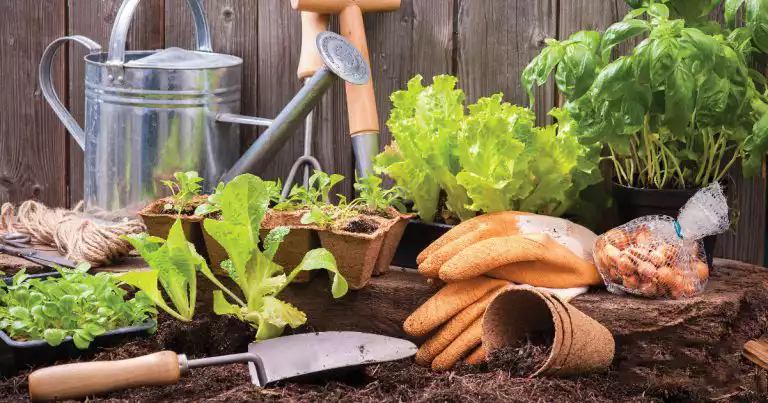Sustainable Landscaping Tips for The Ecofriendly Homeowner
2 minute read
Trying to keep up with the ins and outs of the latest trends in home and landscaping can be overwhelming. But the current popularity of environmental awareness/conservation is hopefully one that will be trending forever, because showing concern for the environment should never go out of style. While there are endless ways to incorporate “green living” into your daily life, through the food you eat, the clothes you wear, and the cleaning products you use, we are going to focus on sustainable landscaping tips.
Sustainable Landscaping Tips
Efficient Irrigation
Water conservation is one of the biggest ways to be mindful of the environment.
- Install a sprinkler system to not only reduce the amount of water used, but to control the time and rate of application
- Drip irrigation systems for garden beds grant longer but less frequent watering times to promote deep root growth and tolerance of droughts
- Using your irrigation system in the morning or evening minimizes evaporation due to lower temperatures
- Practice xeriscaping:
- Place plants with similar watering needs together
- Replace some of your grass with drought-resistant alternatives
- Blue oat grass
- Purple fountain grass
- Yellow pampas grass
Lawn Care
The less grass you have, the more eco-friendly your yard will be.
- Plant large flower beds
- Utilize hardscapes to upgrade landscaping design
- Boulders
- Pavers
- Steppingstones
- Install artificial grass to reduce water usage and avoid pesticides and fertilizers all together
Smart Planting
Choose plants that require the least amount of water and do your planting in the most strategically eco-conscious ways.
- Plant perennials and grasses that don’t need a lot of water but still add a lot of dimension to your landscaping
- Utilize ground cover plants:
- Help prevent erosion by stabilizing sloping areas
- Fill in spaces in flower beds to reduce weeds without any pesticides
- Incorporate slopes and hillsides by making use of native shrubs, boulders, and rocks to enhance an otherwise challenging landscape design element
- Nourish your soil with essential nutrients to ensure the best health for your plants:
- Nitrogen – Leaf and stem growth
- Phosphorus – Root growth
- Potassium – Overall health
- Plant and animal based organic fertilizers – Improve soil texture and condition
- Compost and manure- Nourish the soil naturally
Reusable Materials
Reduce your waste by reusing.
- Recycled content is remanufactured into landscaping materials:
- Decorative glass for tiles and pavers
- Milk jugs and soda bottles can be turned into composite decking and fencing
- Crumb rubber can be ground and reconstituted for multiple purposes
- Salvaged items are repurposed but used in their original form:
- Bricks for patios or walkways
- Pallets for vertical gardening
- Lumber for raised beds, benches, gates, or fencing
- Garden refuse can easily be transformed into some of the best eco-friendly landscaping materials:
-
- Run trees through a chipper to make mulch for your walkways or garden beds
- Plant debris, like leaves and grass clippings, can be composted into decayed organic matter
- Work it into the soil or use it as mulch to amend your soil, add nutrients, prevent erosion, and improve moisture retention
Sources:
- https://www.easyturf.com/2017/04/25/creating-environmentally-friendly-landscape/
- https://www.conserve-energy-future.com/eco-friendly-landscaping-ideas.php
- https://homeguides.sfgate.com/recycled-landscaping-materials-21492.html
